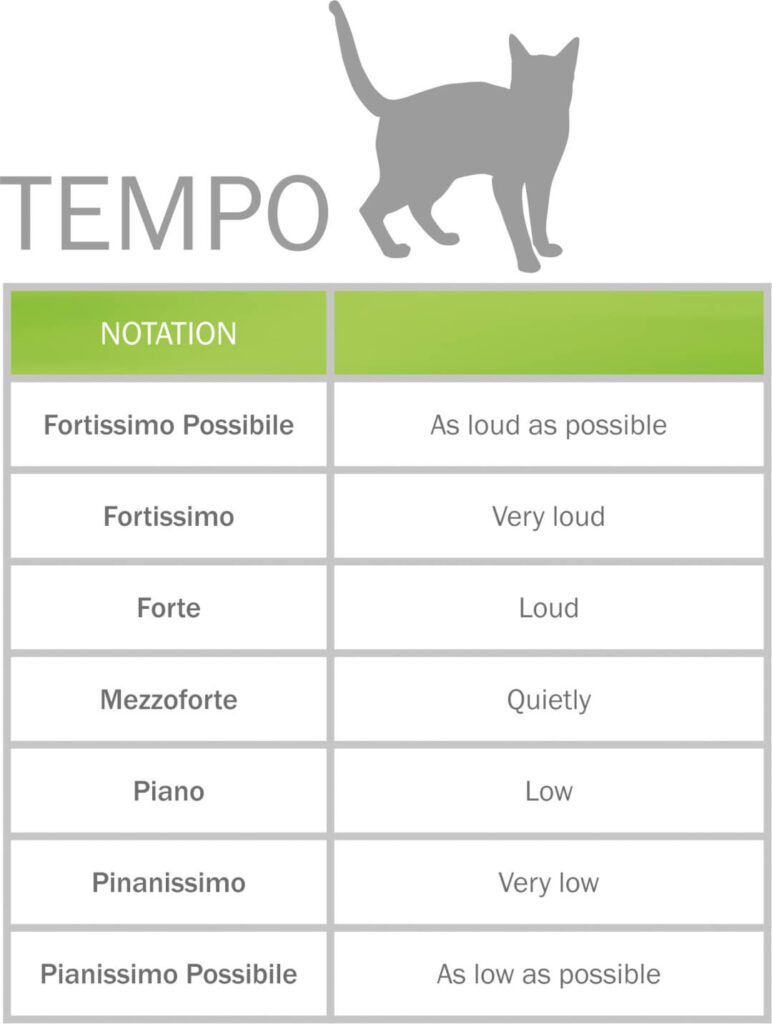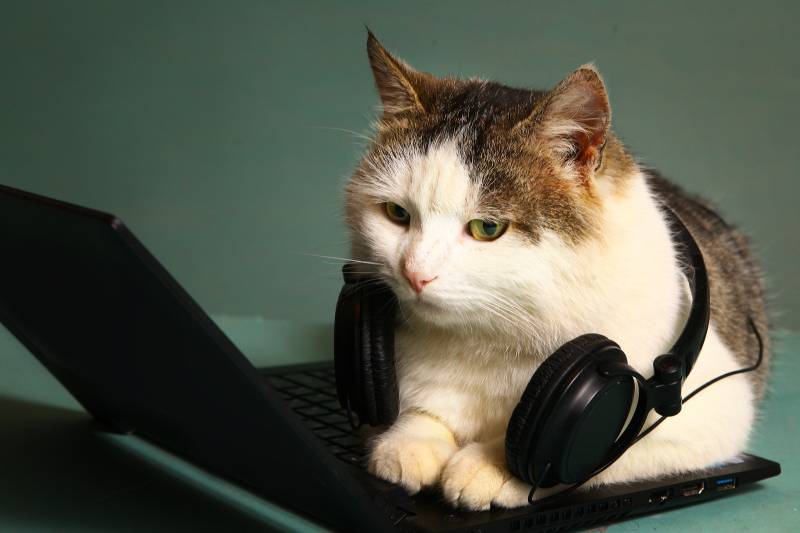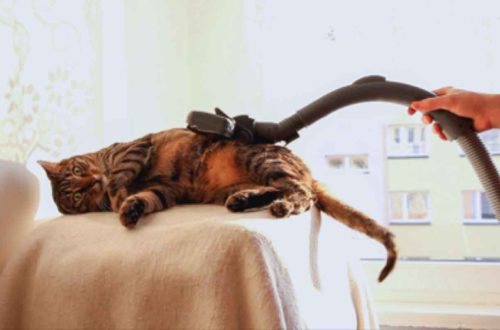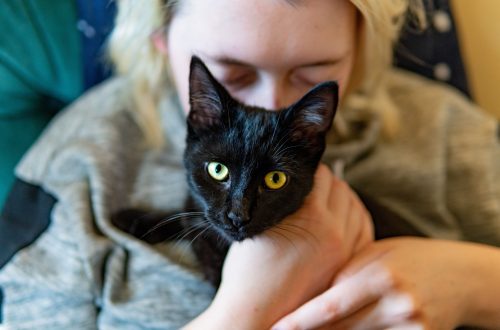
How do cats react to music?
Of course, any owner would like his furry friend to share his musical tastes, and even better, react to them in such a way that he can please friends with funny videos or make his pet an Internet star. However, much more often it turns out that cats do not like music. So with what it can be connected?
Why do cats even react to the combination of sounds that people call music? Most likely, the answer lies in the system of specific signals that these animals exchange, a kind of “cat language”.

So, back in the 30s of the last century, two doctors, Bahrech and Morin, discovered that playing the note “mi” of the fourth octave provokes defecation in young cats and signs of sexual arousal in adults. In addition, they found that very high notes often cause cats to show signs of anxiety. Most likely, this is due to the fact that kittens, when in trouble and feeling fear, meow on a certain note, which automatically causes instinctive anxiety in adult animals. Anxiety in cats can also be caused by sounds similar to screams of pain made by relatives. Of course, such “music” cannot cause anything in cats but rejection. However, some of the notes in human music can remind pets of the purrs and even screams that accompany estrus.
Based on these assumptions, we can conclude that cats react only to certain sounds and, most likely, they are included in the system of instincts. Therefore, it cannot be assumed that pets have an artistic taste and are able to appreciate songs or masterpieces of classical music.
However, a team of researchers from the University of Wisconsin-Madison have experimented and developed music specifically for cats that contains frequencies and rhythms similar to those used by these animals. Pets, listening to compositions created especially for them, show an undoubted interest in them. Such music has become so successful that its authors even launched sales of their compositions via the Internet.

No less interesting were the results of experiments conducted by veterinarians from the University of Lisbon. So, they found that certain classical pieces reduce stress levels in cats. Perhaps music will be used in operations and recovery of animals after serious illnesses as one of the elements of treatment.





